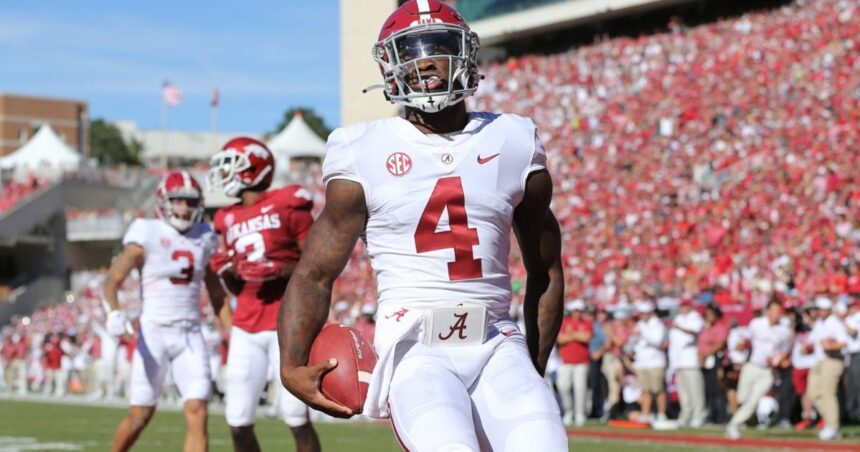Bernadette McGlade leads an Atlantic 10 Conference built around basketball and focused on getting multiple bids to the NCAA men’s tournament much more than anything tied to big-time football.
Despite this focus, her league is among many conferences and schools that will be affected by the NCAA and major college conferences approving a $2.8 billion settlement of federal antitrust claims that involves paying athletes. This plan is mainly designed within the context of football-driven college sports.
McGlade expressed the need to move forward and preserve the rich basketball history of the A-10 while addressing the strategies required to handle the financial implications of the settlement.
For schools like those in the A-10, Big East, and West Coast Conference, which heavily rely on basketball, the prospect of funding athletes while lacking significant football revenue poses a challenge. Finding a balance in distributing funds to athletes without the financial backing of football remains a key issue.
People are also reading…
Gonzaga’s athletic director, Chris Standiford, emphasized the financial obligations and benefits associated with football revenue in contrast to basketball. While football brings opportunities, it also comes with significant financial commitments that impact the overall budget of schools.
The settlement involves a substantial monetary payout over 10 years to thousands of former and current college athletes, funded by the NCAA and major conferences. Schools are required to set aside a considerable amount for athlete compensation, which will affect the financial landscape of many Division I member schools.
While the major football conferences were the primary targets of the lawsuit, the financial burden of the settlement will extend to hundreds of other schools with smaller football programs. This will impact annual payouts and revenue streams derived from NCAA championship events.
The disparity in financial contributions between basketball and football programs has raised concerns among athletic directors and officials. The necessity for schools to adapt and find solutions within a changing economic model is crucial.
The economic impact varies among schools, with basketball-centric programs like Gonzaga and Dayton generating a significant portion of revenues from their basketball programs. This poses a challenge for schools that heavily rely on basketball revenue to fund athlete compensation.
Despite the challenges, there is optimism among basketball-centric programs that they can navigate the changing landscape and continue to compete at a high level.
Ultimately, the focus shifts towards achieving a balance in athlete compensation while sustaining the success and growth of college athletics.





